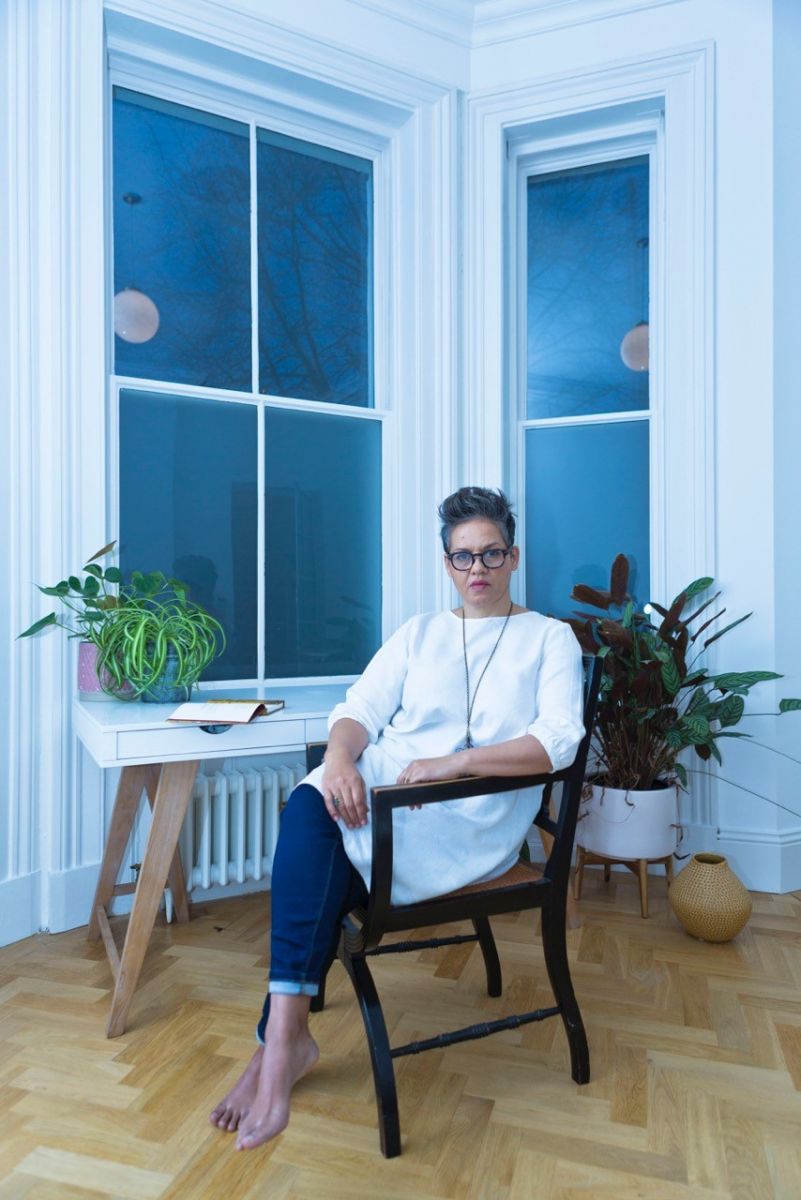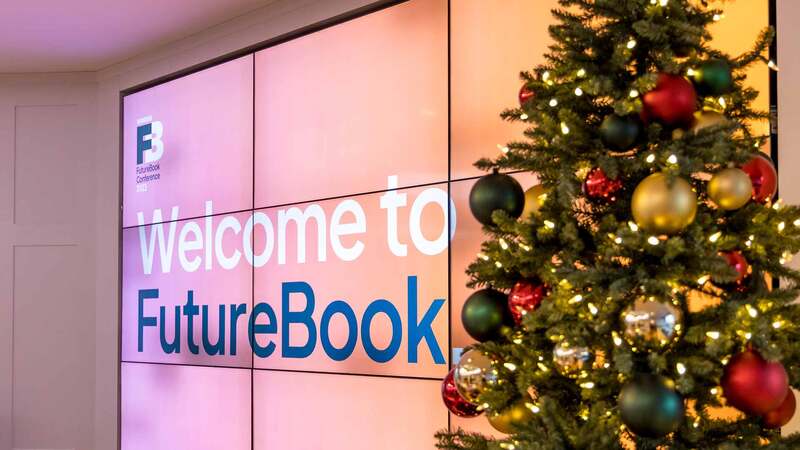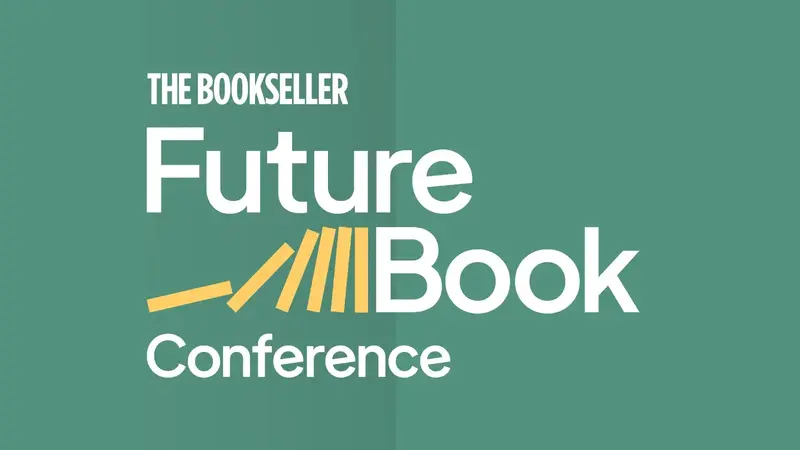You are viewing your 1 free article this month. Login to read more articles.
Five questions for... Kit de Waal
From cultural appropriation to literary snobbery, campaigning author Kit de Waal is well known for holding the publishing industry to account. Her passionate, inclusive and activist spirit has seen her named 2019 FutureBook Person of the Year.
01 You’ve been outspoken on a number of issues in the industry, but particularly vocal about the importance of levelling the playing field for working-class writers. Why is it so important right now?
It’s a question of access and economics. For writers it means having a fair crack of the whip, the opportunity to interact with the industry, to have their work read and valued, to be well published and find a readership. For people who want to work in the industry it means having recruitment and retention processes that don’t impact unfairly on people outside London, those without degrees, or those coming into the industry later in life. For the industry it can only be a good thing to widen the pool of people who are encouraged to write, who can find new readers and speak to a wider constituency.
 02 What is the worst thing you’ve seen happen in the industry in the past 12 months?
02 What is the worst thing you’ve seen happen in the industry in the past 12 months?
That there hasn’t been more of a move by the big publishers and agents to open an office outside London. Birmingham, Manchester, Liverpool, Newcastle, Bristol, Leeds, are all waiting open-armed to welcome publishers and agents who want to put their money where their mouth is on inclusion. Imagine if the Big Five pooled together and opened a hub office, a couple of desks apiece, sharing costs and expertise, holding open days and access evenings, working with local agencies to publish the great stories that come from ordinary people. It doesn’t have to be expensive. Be brave. Be the first.
03 And what would you like to see more of?
There have been loads of great things this year. Small presses banding together to form alliances and having great success; new bursaries for marginalised writers; proper progress on moves to include writers from disadvantaged and marginalised backgrounds; Bernardine Evaristo being the first black woman to win the Booker; and more writers and publishers tackling big political matters. The Literary Consultancy under Aki Schilz is doing such a lot of great work. Bluemoose, an independent publisher, has had great success this year and next year will be publishing only women writers. Hachette has launched Bellatrix, a feminist YA imprint—much needed—and #MerkyBooks is a wonderful idea. I am still, however, dismayed to see that no one has founded an anti-establishment magazine called "Page Against the Machine". I live in hope.
04 James Daunt is delivering FutureBook’s opening keynote. What do bookshops need most in order to survive?
I think it’s a case of being creative. Making the bookshop a hub of activity and a safe space for people; perhaps people who might only buy one book a year but want to browse. Can bookshops have a second-hand section? Can they have a weekly storytime session, with someone reading to children for 15 minutes, then offer a discount on the book? Libraries are closing every year, can bookshops become a place where people can go instead? Also think about the people in your locality and community. Do you have books that welcome new readers, vulnerable readers, people from marginalised communities? Partnering with other organisations such as older people’s groups, new mothers, disability support groups, hospices, social care groups could mean that bookshops find ways to sell more books and bring new readers into their shops.
05 The theme of this year’s conference is impact: that everything we choose to do and not do in the trade matters. Are there ever circumstances in which publishers should turn down a commercial sure thing?
To publish or not to publish is a difficult question. I believe in free speech but I also believe that free speech comes with consequences. Sometimes it’s not enough to be non-oppressive and non-racist, we have to be anti. We have to take action, and that might mean not giving airtime or an audience to views that cause division, hatred or terror; views that make life difficult or impossible and enable a fractured and divisive society. No one wants to live in a mono-political environment and we all have a responsibility to listen respectfully and carefully to the "opposition", whatever that is. But unless we want to live in a morality-free zone, sometimes we have to put ethics ahead of profit.













